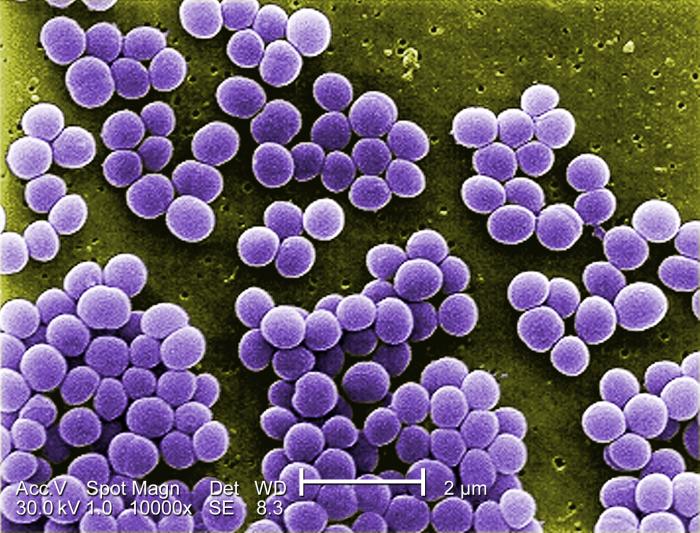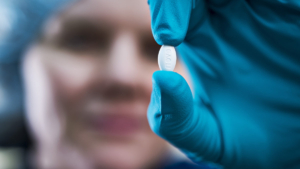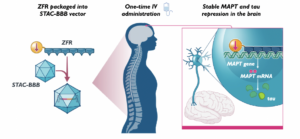
LimmaTech Biologics acquires licence option for AbVacc vaccine LBT-SA7
Swiss LimmaTech Biologics and AbVacc Inc have agreed to co-develop AbVaccs preclinical Staphylococcus aureus vaccine LBT-SA7 (formerly IBT-V02) in case of Phase I success.
Under the agreement, Schlieren-based LimmaTech Biologics AG receives the exclusive rights from Abbvacc Inc, a recent spin-out from Integrated Biotherapeutics (IBT) LLC, to conduct Phase I clinical trials with AbVacc Incs six-valent S. aureus toxoid vaccine candidate LBT-SA7 (IBT-V02) to prevent hospital-acquired infections with the multidrug-resistant bacterium. LimmaTech plans to initiate Phase 1 clinical development of the the first entirely non-surface antigen-based S. aureus vaccine in 2024 with an option to acquire full worldwide rights after the trial readout. Financial details of the deal such as upfront and milestone payment were not disclosed.
LBT-SA7 has been preclinical developed by IBT LLC, from 2017 with financial support from CARB-X. According to CARB-X, IBT-V02 is a vaccine that consists of five components representing toxoids for seven Staphylococcus aureus toxins. Due to cross-reactivity, these toxoids elicit protective immune responses to 12-15 S. aureus toxins. Efficacy of IBT- V02 components have been shown in various mouse and rabbit models of infection for the prevention of recurrent skin and soft tissue infections (SSTI) caused by S. aureus.
AbVacc/IBT has been part of the Novo Holdings REPAIR Impact Funds portfolio since 2019. Financial support from REPAIR, combined with grants from Combating Antibiotic-Resistant Bacteria Biopharmaceutical Accelerator (CARB-X) and the National Institutes of Health, has bolstered the preclinical development of the IBT-V02 vaccine programme. This has led to Phase 1 trial readiness, advancing a potential new tool in the fight against antimicrobial infections towards clinical trials.
S. aureus is a Gram-positive bacterial pathogen, affects approximately 30% of the human population while causing a spectrum of infections, from skin and soft tissue infections (SSTI) to severe conditions like pneumonia and bloodstream infections. S. aureus is the leading cause of antimicrobial resistance (AMR)-attributed fatalities with community-acquired and hospital-acquired infections being the most prevalent. SSTI caused by S. aureus range from mild to severe and entail microbial invasion into the skin layers and underlying soft tissues.


 Novo Nordisk
Novo Nordisk Resalis/Vimeo
Resalis/Vimeo Sangamo Therapeutics Inc
Sangamo Therapeutics Inc